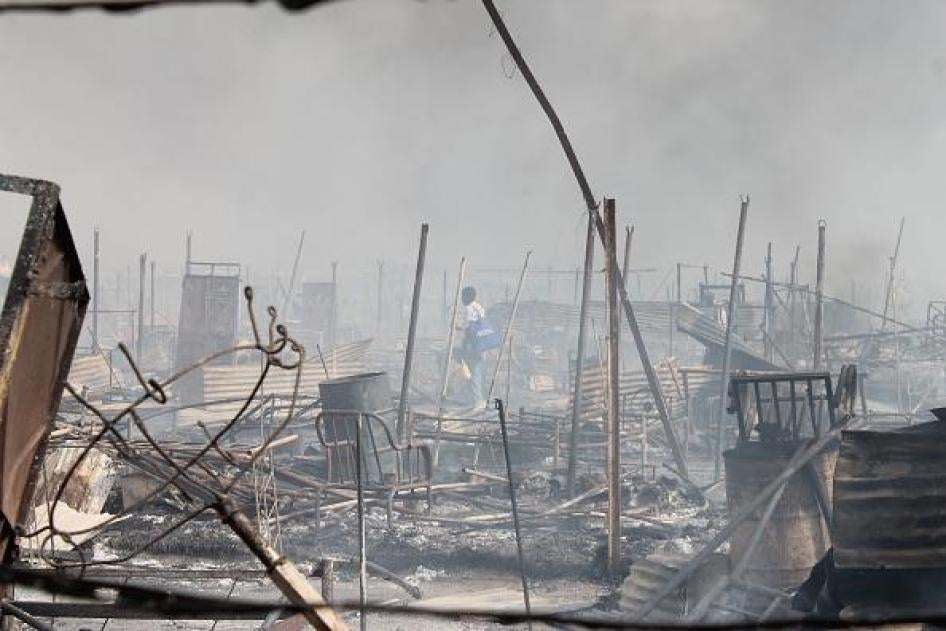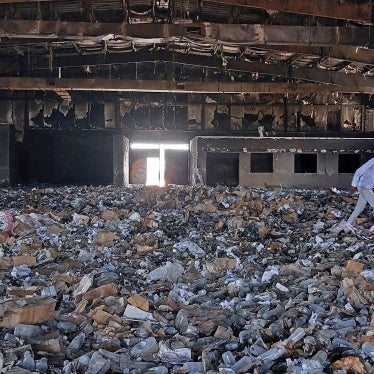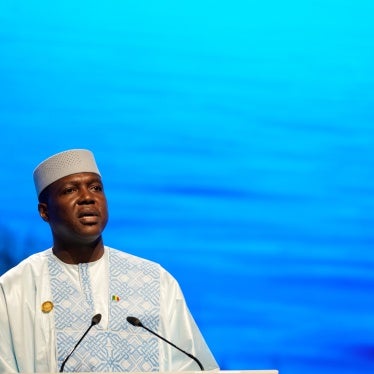Two weeks ago in South Sudan, the United Nations compound in Malakal, a refuge for nearly 50,000 people, came under attack. While details are murky, credible reports indicate that South Sudanese government forces, with allied militia, forced their way into the camp, shot civilians, and burned homes as UN peacekeepers stood by. At least 25 people, including three aid workers, were killed, and more than 120 wounded. Much of the camp burned to ashes.
The UN Security Council condemned the attacks against civilians and the UN compound as possible war crimes. South Sudan President Salva Kiir denied involvement and ordered an investigation, while the opposition has called the attack tribally motivated and well-planned.
The South Sudanese government appears to bear primary blame for this atrocity, but the UN also bears some responsibility.
The Security Council has authorized the peacekeepers to use force when necessary to protect civilians, as does the UN’s Status of Forces Agreement with the South Sudanese government. The UN has faced enormous challenges during South Sudan’s armed conflict, opening its gates to a flood of terrified civilians in December 2013 and sheltering almost 200,000 people at UN bases across the country. But the mission should do more than host people; it should protect them.
The violence at Malakal was foreseeable. The UN base, where ethnic Shilluk, Dinka, and Nuer live side by side, has been restive since South Sudan’s conflict first drove the residents of Malakal to shelter there. Inter-ethnic tensions, primarily over land, have fueled violence and rebellions in the area for years, and the government’s controversial plan to divide the country into 28-states – which many see as ethnic gerrymandering – has further provoked fears of Dinka domination.
Not only has Malakal been a tinderbox, but there is precedent for large attacks on UN camps. In April 2014 armed Dinka youths in Bor, supported by the local authorities, opened fire on the UN camp there, killing more than 50 civilians and injuring dozens. At the time, the head of UN peacekeeping called the attack a “dangerous precedent,” but the mission did not publish its findings on the attack until January 2015, nine months later. No one was ever held to account for the killings.
UN peacekeepers in South Sudan have said they are investigating the Malakal violence. But an internal inquiry is not enough. The UN should set up an independent, in-depth, and transparent investigation into both the attacks and the UN peacekeepers’ responses – and make those findings public. Otherwise, we have no reason to think that this won’t happen again.










